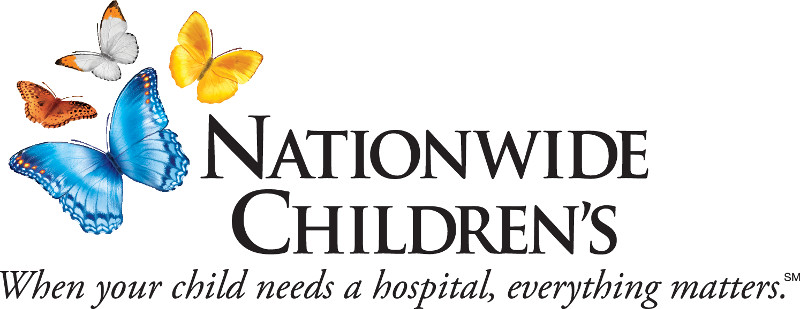With the growing popularity of contact sports such as soccer among children and adolescents, mild head injuries or concussions are becoming more common. In fact, these injuries account for more than 80 percent of all childhood head injuries. However, doctors remain unsure of the long-term symptoms and outcomes. The Center for Injury and Research Policy (CIRP), a Columbus Children's Research Institute Center of Emphasis, located on the campus of Columbus Children's Hospital, has been awarded a $3.5 million grant from the National Institute of Child Health and Human Development to study the long-term effects of mild head injuries in children.
While the average mild head injury is not associated with lifelong learning or thinking problems, many children suffer persistent symptoms such as inattentiveness or fatigue for months after the injury. But why? Is it because of an underlying brain injury? A psychological reason? Or is it a result of the child's environment? And what are the long-term effects on the child and the family? The CIRP hopes to answer these questions and more during the five-year study being led by principal investigator Keith Yeates, Ph.D., associate director of the CIRP, who is working in conjunction with Case Western Reserve University and Rainbow Babies and Children's Hospital.
"We know the short-term outcomes, such as decreased concentration and headaches, for children who suffer concussions, but we don't know how a child may feel three months after the injury and why symptoms may or may not persist," Dr. Yeates said. "The goal of the study is to examine the natural history of outcomes or symptoms following mild head injuries. Then we will try to determine the role of injury-related and non-injury-related factors, such as family environment, as predictors of outcomes."
The CIRP began gathering data from participants in October 2001. Currently, more than 45 children are participating in the study, which will follow 200 children with concussions and 100 children with minor injuries not associated with the head for a period of one year. Each participant will be evaluated one to two weeks after his/her initial visit to the ER. Cognitive tests will be given to children and symptoms will be measured through interviews with parents and children at one, three and 12 months following the injury. MRIs will be done in an effort to identify brain lesions that could lead to worsening symptoms. Parents will also provide information about the child's family and social environment.
"We plan to evaluate how the child acted before and after the injury," Dr. Yeates said. "This will help determine if the injury relates to the symptoms and what role the family plays in the recovery of a child in terms of both the onset and persistence of symptoms."
Researchers hope to determine whether mild head injuries are associated with a predictable pattern of outcomes or long-term symptoms, so that physicians can better educate parents on what the course of their child's recovery will be. Dr. Yeates said they hope that the study findings will help indicate what kinds of interventions may be needed to improve children's quality of life post-injury and to help families cope.
Researchers are recruiting participants through 2005. Once the entire sample has been recruited, baseline data will be presented.
Columbus Children's Hospital ranks among the top 10 in National Institutes of Health research awards and grants to freestanding children's hospitals in the country. With nearly 500,000 patient visits each year, Children's Hospital is a 110-year-old pediatric healthcare network treating newborns through age 21. In 2001, the Children's Research Institute conducted more than 105 research projects. Pediatric Clinical Trials International (PCTI), a site management organization affiliated with the hospital, also coordinated more than 50 clinical trials. In addition to having one of the largest ambulatory programs in the country, Children's offers specialty programs and services. Each year, more than 75,000 consumers receive health and wellness education and 2,000 students from 100 institutions and 500 residents receive training at Children's. More information on Children's Hospital of Columbus is available by calling (614) 722-KIDS (5437) or through the hospital's Web site at http://www.columbuschildrens.com.
